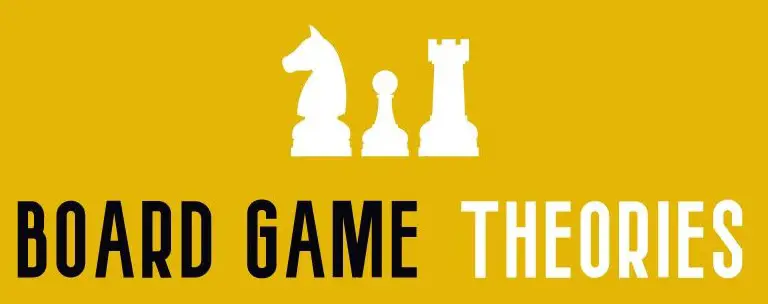One of our favorite social deduction games is Secret Hitler. Nevertheless, it has a flaw that can make some games a lot less fun than others.
One strike and you’re out?
As a liberal in Secret Hitler, not much information is revealed to you. The only certain information you get during the game is which policies are enacted, who were President and Chancellor, and what they say about the Legislative Session. Because there is a higher chances that a fascist policy will get enacted, rather than a liberal policy, as a liberal you can not take too much risk. The moment a player enacts a fascist policy, you don’t want to elect him again. A fascist in the government is such a risk, that a liberal wants to exclude all possible fascists from being elected.
Small majorities
A government gets elected when a majority of the players vote yes. To get your way in Secret Hitler you need to have a majority of the players to vote along with you. This is a very powerful means, and it prevents the fascists from immediately hijacking the game and vote Hitler for Chancellor.
But here lurks a problem. Because you need a majority of the votes to elect who you want, you need exactly a majority and nothing more. That means that if you have a small majority of players you trust, you can choose to ignore all other players in the decision making process. You can just ignore that one player that once enacted a fascist policy, because you already have a majority of the votes. Or worse, from early on in the game you can rotate the Chancellor in a restricted team of trusted players, and prevent some players from ever being elected. As a result of uncertainty and risk oftentimes players get ignored and don’t have an opportunity to participate in the discussion or in the government.
The problem with big groups
There is a rule in Secret Hitler that tries to prevent this problem from happening. This rule is that the last elected President and Chancellor are ineligible to be nominated as Chancellor Candidate. This rule prevents the problem really well when there are only a few players. But the more players participate in the game, the easier it is to rotate the Chancelor position between three or four players. When playing with 9 or 10 people, chances are that some players will never be elected in the government, because the other players already teamed with the players they trust. So some players can just get ignored for the whole game, which is the main reason that Secret Hitler doesn’t rank higher in our list of the best social deduction games.
The best way to avoid this flaw, is to play with a maximum of seven players. This way it’s less likely that the liberals can simply ignore some of the players.

